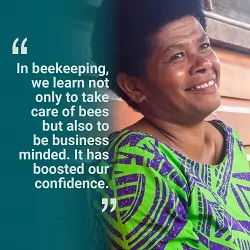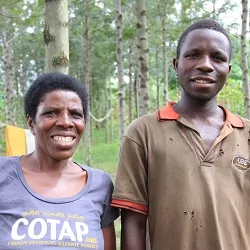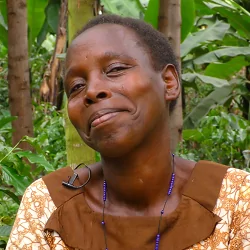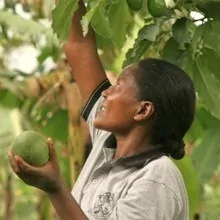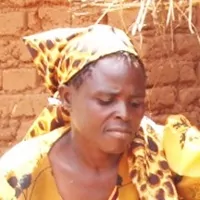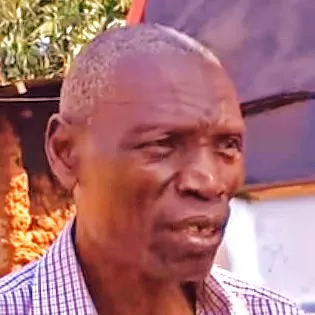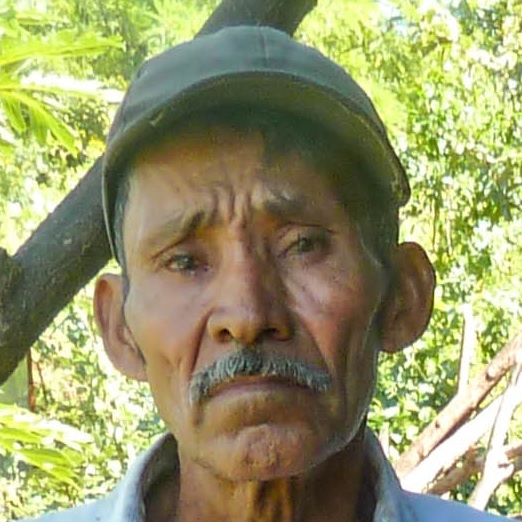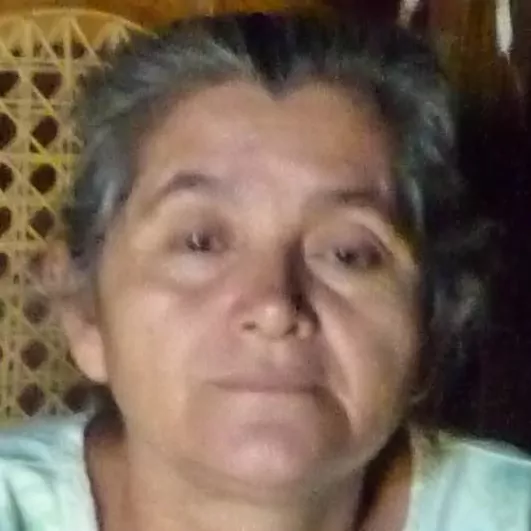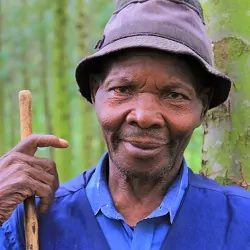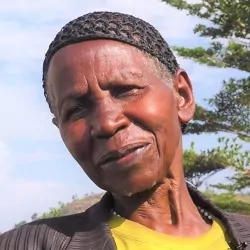
COTAP has partnered with CARS! Founded in 2003, CARS is a 501(c)3 nonprofit and respected leader in the vehicle donation space that has supported over 3,500 nonprofits. Learn more on our car donation page here.
The below case studies reveal that, on average, a COTAP vehicle donation counteracts 234.13% of the vehicle’s “tailpipe emissions” while generating $1,698.77 for our projects. Because all COTAP projects are certified by the Plan Vivo carbon standard, which requires that projects share a minimum of 60% of carbon revenues with participating communities, it follows that the average COTAP car donation creates at least $1,019.26 in earnings for some of the world’s poorest communities.
Case Study #1
On December 31, 2020, a donor from Fairfax, Virginia used CARS’ online form to pledge a 2004 Toyota Matrix with 110,096 miles on it. This donor stipulated that the net proceeds go towards offsetting evenly to all COTAP projects – in Nicaragua, Uganda, India, Fiji, Indonesia, and Mexico. The car was picked up on January 9th and on January 13thit was sold at auction for $2,200. Selling expenses were $130 for auction fees and $2.78 in miscellaneous costs. That left $2,067.22, 30% of which CARS charges as its fee.
On February 4th, COTAP received payment from CARS for $1,447.05. At our offsetting rate of $15/tonne, the donor is offsetting 96.47 tonnes of their unavoidable CO2 emissions through our partner projects, which will receive $217.06 each and $1,302.35 overall.
So, not only did this donor get rid of a car they no longer wanted/needed, they’ll also got a tax deduction (assuming they itemize!). Further, they’re addressing their unavoidable carbon emissions, helping to protect and restore landscapes all over the world, and creating income for rural communities.
Speaking of carbon emissions, the 96.47 tonnes offset compensates for 298.76% of the tailpipe carbon emissions generated by the donated car! Plugging the above 110,096 miles and 30 mpg (For mpg, we Google the model/year) into our calculator yielded 32.29 tonnes. In this example, the car donation is not only negating the tailpipe emissions for the original owner, but it’s also likely negating the tailpipe emissions for the remaining life of the car.
Case Study #2
On June 7th, 2020, a donor from Atlanta, Georgia called the above number and pledged to donate a 2013 Buick Encore with 190,879 miles on it. They stipulated that the net proceeds go towards offsetting with our Uganda partner project – Trees for Global Benefits. The car was picked up on June 10th and on June 18th it was sold at auction for $3,200. Selling expenses were $70 for towing, $50 for auction fees, and $2.78 misc. That left $3,077.22, 30% of which CARS charges as its fee.
On July 2nd, COTAP received payment from CARS for $2,154.05. At our offsetting rate of $15/tonne, the donor is offsetting 143.603 tonnes of their unavoidable CO2 emissions through our partner project in Uganda, which will receive $1,938.65.
The 143.603 tonnes offset more than compensates for the carbon emissions generated by the donated car. Plugging the above 190,879 miles and 25 mpg into our calculator yielded 67.18 tonnes. Again, this donation is negating the original owner’s tailpipe emissions as well as the tailpipe emissions for the remaining life of the car.
Case Study #3
On May 31st, 2020, a donor from Glendale, Arizona pledged to donate a 2012 Ford Focus SE with 168,537 miles on it. They chose for the net proceeds go towards offsetting evenly across all COTAP projects. The car was picked up on July 6th and on August 22nd it was sold at auction for $2,400. Selling expenses for towing, auction, and DMV fees etc. totaled $145.78, which left $2,254.22, 30% of which CARS charges as its fee.
On September 17th, COTAP received payment from CARS for $1,577.95. At our offsetting rate of $15/tonne, this donor is evenly offsetting 105.197 tonnes of their unavoidable CO2 emissions through all of our partner projects in Nicaragua, Uganda, India, Fiji, Indonesia, and Mexico. That’s 17.53 tonnes and $236.69 per project.
As in the first case study, the donor got rid of an unwanted car, got a tax deduction, and addressed their unavoidable emissions. What’s different this time is that they are not just protecting/restoring forests and empowering rural communities in Uganda… they’re creating those benefits all over the planet! Neither approach (one project vs. all projects) is better than the other, it’s just the donor’s preference on whether they want to focus their impacts in one region vs. “spreading the love.”
So, did this car donation offset fully compensate for 168,537 miles driven in a 2012 Ford Focus SE? We used 26 mpg, which is the lower end of the car’s fuel efficiency rating. The result? 57.03 tonnes. Similar to the first case study, this donation is not only compensating for the car’s tailpipe emissions for the original owner, but also for the tailpipe emissions for the remaining life of the car.
Case Study #4
On August 21st, 2020, a donor from Garden City, New York pledged to donate a 2005 Lexus RX 330 with 165,000 miles on it. They chose for the net proceeds go towards offsetting evenly across all COTAP projects. The car was picked up on August 25th and on October 27th it was sold at auction for $3,550. Selling expenses for towing, auction, and DMV fees etc. totaled $162.78, which left $3,387.22, 30% of which CARS charges as its fee.
On November 5th, COTAP received payment from CARS for $2,371.05. At our offsetting rate of $15/tonne, this donor is evenly offsetting 158.07 tonnes of their unavoidable CO2 emissions through all of our partner projects in Nicaragua, Uganda, India, Fiji, Indonesia, and Mexico. That’s 26.345 tonnes and $355.66 per project! Using the car’s average mpg rating of 22 miles per gallon, this car’s tailpipe emissions (from the original owner’s 165,000 miles) were 65.99 tonnes of CO2. By donating this car, the original owner compensated for 239.5% of the tailpipe emissions generated by driving it 165k miles.
In Summary…
The donor, CARS, COTAP, and our partner projects all come out ahead significantly and in ways that would not be possible without this very unique, meaningful, and symbiotic partnership!


